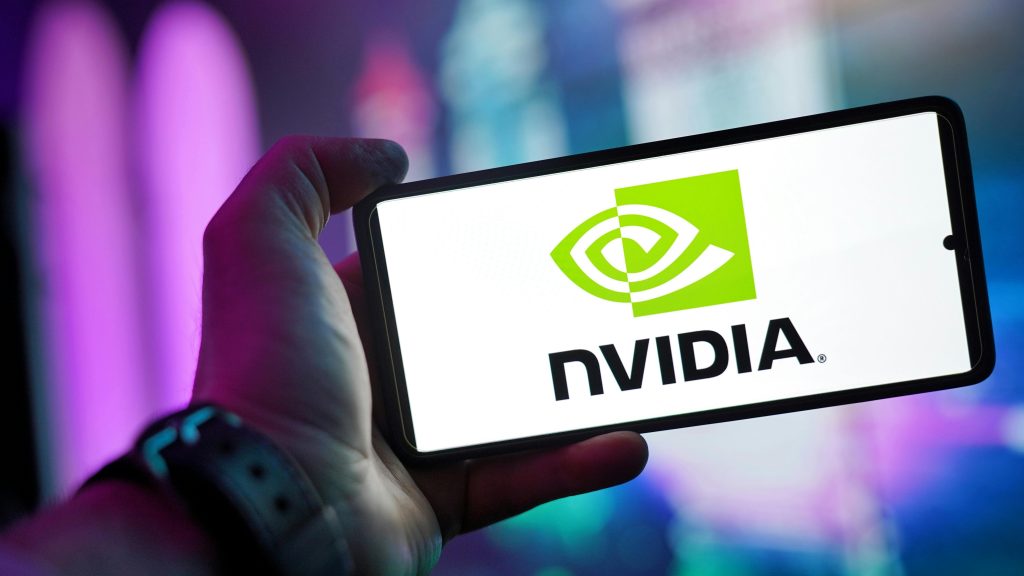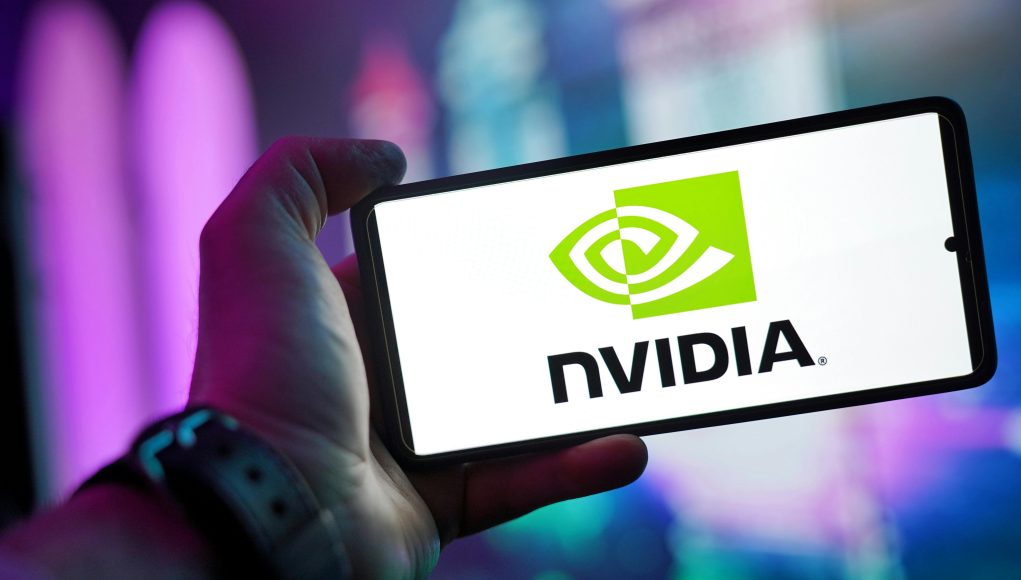
(Singapore, 06.08.2025)In a high-stakes case highlighting the intensifying tech cold war between the U.S. and China, two Chinese nationals have been arrested for allegedly orchestrating a multi-million-dollar scheme to illegally export advanced AI chips to China.
The defendants, who operated a front company in California, are accused of shipping tens of millions of dollars’ worth of powerful Nvidia GPUs, including the highly sought-after H100 AI accelerators, without the required government licenses.
The arrests of Chuan Geng, 28, of Pasadena, and Shiwei Yang, 28, of El Monte, come as the U.S. government continues to tighten export restrictions on semiconductors and chipmaking equipment to prevent China from gaining a competitive edge in artificial intelligence.
The Justice Department, in a recent statement, announced the charges against the two individuals for violating the Export Control Reform Act, a crime that could lead to a prison sentence of up to 20 years.
A Sophisticated Smuggling Operation
According to a criminal complaint filed by the Justice Department, Geng and Yang used a company called ALX Solutions Inc., based in El Monte, California, to carry out their illicit activities. The company was founded in 2022, shortly after the U.S. Commerce Department began requiring licenses for the sale of advanced AI chips to certain overseas buyers, particularly those in China.
Authorities allege that the defendants implemented a sophisticated scheme to evade these U.S. export controls. Instead of shipping the chips directly to China, they routed them through third countries, a common tactic used to obscure the final destination of the goods.
Export records and other business documents show that ALX Solutions sent at least 20 shipments to freight-forwarding companies in Singapore and Malaysia. However, the payments for these shipments did not come from the entities in Singapore or Malaysia.
Instead, the company received “numerous payments” from companies based in Hong Kong and China, including a significant $1 million payment from a China-based company in January 2024.
A search of the ALX Solutions office yielded phones belonging to Geng and Yang, which authorities say contained communications detailing their efforts to ship chips to China via Malaysia, in direct violation of U.S. restrictions.
The defendants are also accused of falsely claiming a December 2024 shipment of GPUs was in compliance with U.S. export rules, despite not having the necessary licenses.
The Power of the H100 Chip
At the heart of the case are Nvidia’s advanced AI chips, particularly the H100 AI accelerator. The criminal complaint identifies the H100 as “the most powerful GPU chip on the market,” a processor crucial for the development and operation of sophisticated AI software.
These chips, up until being superseded by a new line of products, were considered the most capable processors of their kind. The export of H100s to China and other countries deemed a national security threat by the U.S. government requires specific licenses from the Commerce Department, which are rarely granted.
Nvidia, the company that produces these highly controlled chips, has issued a statement on the arrests, emphasizing its commitment to complying with U.S. export control rules. The company stated it sells its products to well-known partners who help ensure compliance.
“Even relatively small exporters and shipments are subject to thorough review and scrutiny, and any diverted products would have no service, support or updates,” the company said, sending a clear message to would-be smugglers.
A Broader Geopolitical Context
This case unfolds against a backdrop of increasing tensions over technological dominance. Over the past few years, the U.S. has systematically tightened restrictions on the sale of advanced semiconductors and chipmaking technology to China, aiming to curb its military and technological advancements.
The Trump administration is even exploring ways to embed enhanced location-tracking technology into AI chips to bolster export control enforcement.
This proposal, however, has sparked a new debate. Nvidia recently published a blog post, in both English and Chinese, appealing to U.S. policymakers to reconsider the idea of embedding “backdoors” or “kill switches” in their chips. The company argued that such features would be a “gift to hackers and hostile actors,” undermining global digital infrastructure and eroding trust in U.S. technology.
Nvidia’s post came a week after the Chinese government summoned the company for a meeting to voice its concerns about the proposed tracking functions. The company reiterated that its products currently have no backdoors that would allow remote access or control, emphasizing that “there is no such thing as a ‘good’ secret backdoor.”
The arrests of Geng and Yang, along with the ongoing debate about chip tracking, highlight the complexities of enforcing export controls in a globally integrated tech industry. As the U.S. and China continue to vie for supremacy in the AI race, the legal and technological battlegrounds are becoming increasingly intertwined.
Legal Proceedings and the Future
While Geng, a legal permanent resident, was released on a $250,000 bond, a detention hearing for Yang, who authorities say overstayed her visa, has been scheduled for August 12. No pleas have been entered yet. The investigation is being conducted with the assistance of the FBI and the Commerce Department’s Bureau of Industry and Security, underscoring the seriousness of the charges.
This case serves as a stark warning that U.S. authorities are actively pursuing and prosecuting those who attempt to circumvent export restrictions on sensitive technologies. As the race for AI dominance heats up, the legal and regulatory frameworks governing the flow of these critical components are set to become even more stringent, with significant consequences for those who choose to operate outside the law.





































